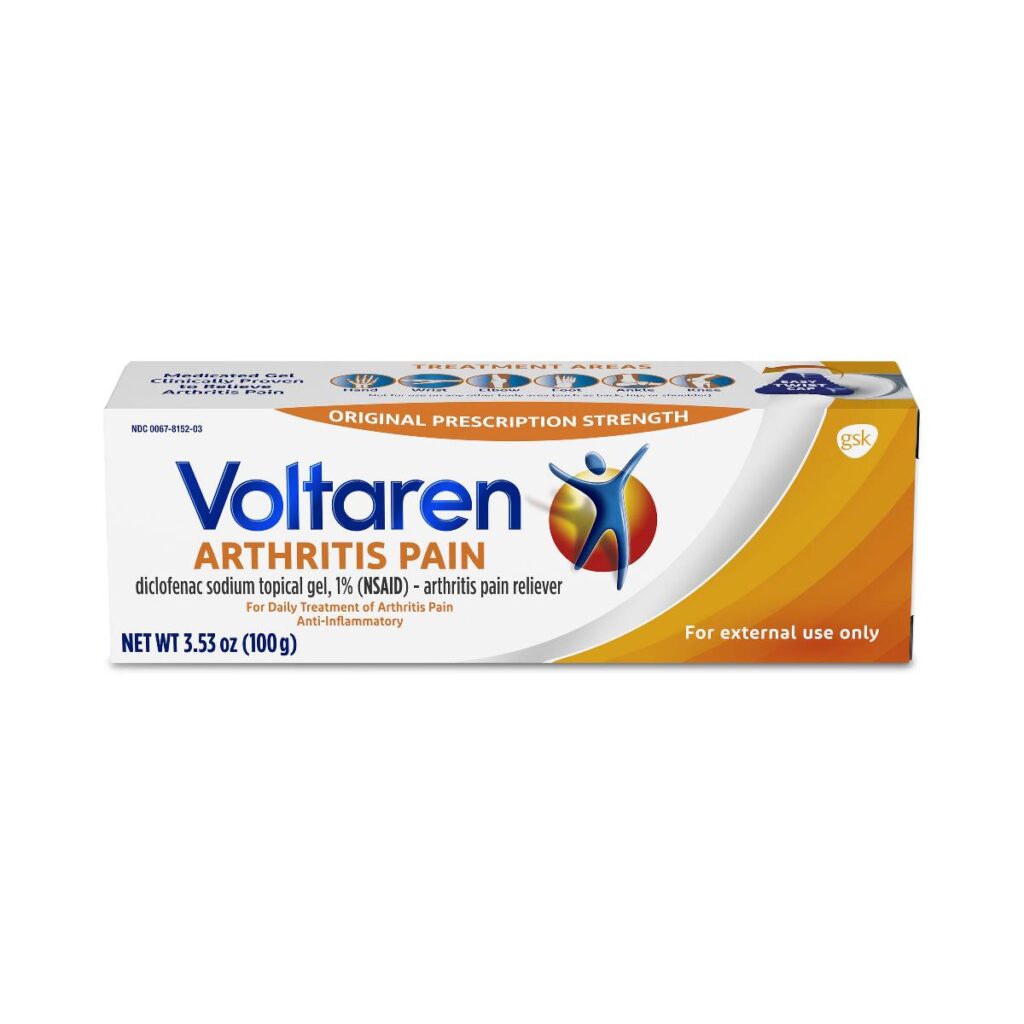Voltaren Gel is a widely used topical medication containing the nonsteroidal anti-inflammatory drug (NSAID) diclofenac. It is known for its pain-relieving and anti-inflammatory properties. Globally, Voltaren is the number 1 over-the-counter topical pain relief brand. However, there is growing concern and evidence that Voltaren Gel may raise blood pressure in some individuals.
Voltaren Gel: Personal Accounts vs Clinical Observations
Anecdotal evidence, such as personal accounts reported in the People’s Pharmacy, has highlighted the potential for Voltaren Gel to cause significant increases in blood pressure. One individual experienced a rise in blood pressure from a normal reading of around 120/65 to approximately 155. And it was within a day or two of starting the medication. This increase continued, with their blood pressure reaching 180 and then 190, necessitating a visit to the emergency room. After several hours, their blood pressure began to decrease, and they were released once it fell to 145.
However, there are no clinical observations to confirm that voltagen gel raises blood pressure. A pooled safety analysis of diclofenac sodium topical solution 1.5% (w/w) in the treatment of osteoarthritis in patients aged 75 years or older found that changes in blood pressure from the baseline to the final visit did not differ between groups. In another randomized, double-blind, placebo-controlled study on the efficacy and safety of diclofenac diethylamine 1.16% gel in acute neck pain, vital signs including blood pressure were assessed at the beginning and end of the study. The study did not report on changes in blood pressure.
Voltaren Gel Official Prescribing Information
The official prescribing information for Voltaren Gel acknowledges the risk of hypertension as a side effect of NSAID treatment. It advises healthcare providers and patients to monitor blood pressure closely during the course of treatment with Voltaren Gel. This systemic absorption of diclofenac through the skin can be significant enough to cause side effects like increased blood pressure.
Regulatory Insights
The FDA has issued warnings that NSAIDs, including diclofenac, can lead to new hypertension or exacerbate existing hypertension. This may increase the risk of cardiovascular events. The prescribing information also notes that Voltaren Gel may reduce the effectiveness of certain antihypertensive medications, such as ACE inhibitors, angiotensin receptor blockers (ARBs), and beta-blockers, which necessitates careful monitoring of blood pressure.
Individual Variability
While some people may absorb enough diclofenac through the skin to experience systemic effects such as increased blood pressure, others may not. This variability underscores the importance of monitoring and individualized medical advice when using Voltaren Gel, especially for those with a history of hypertension or cardiovascular concerns.






